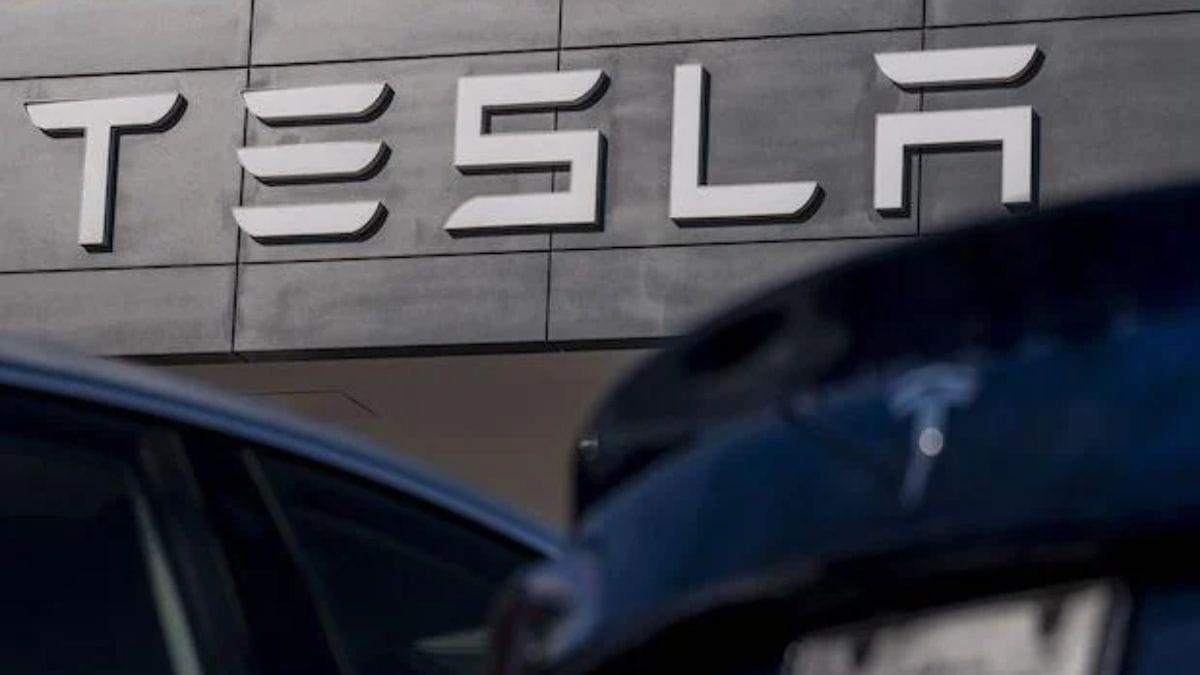According to a report by Bloomberg, Tesla Inc. would need to guarantee to purchase at least $500 million in auto parts from India for its request for an import tax drop on its vehicles to be considered.
“While it might begin at a lesser level, Tesla would need to agree to increase Indian parts purchases by 10% to 15% each year until a suitable level is reached,” according to the source of Bloomberg, who did not want to be identified because the conversations are private. According to the individual, Prime Minister Narendra Modi’s administration has publicly instructed Tesla to increase domestic sourcing but has yet to communicate a procurement objective to the business. Tesla stated in August that it had sourced $100 million in parts from India.
The government has stated that it wants the EV pioneer to manufacture cars in the nation, but it appears that they are utilizing their interest to get advantages for the young local electric car sector. Tesla says it wants to test the waters first by selling imported cars, and that in order to do so, tariffs as high as 100 percent would have to be reduced. India’s auto market is largely value-conscious, dominated by cheaper gasoline automobiles, and clean transportation is still a budding sector, with EVs accounting for just 1% of cars sold yearly.
The individual further reported to Bloomberg that “Tesla must pitch the government with a component-sourcing strategy comparable to its car sales expectation in India in order to go forward with its tax-cut request. If it intends to buy automobiles from China, it should also export components built in India.”
Tesla CEO Elon Musk tweeted in July that India’s import duties were among the highest in the world and that the country treated clean-energy automobiles the same as gas-guzzling automobiles, which contradicts the country’s objective of carbon neutrality. As per Road Transport Minister Nitin Gadkari, India has been embroiled in a long-running border conflict with its neighbour China and last year urged Tesla to refrain from selling vehicles manufactured at its Shanghai facility in India.
Earlier this month, India rejected Tesla’s appeal for lower import tariffs on electric vehicles, claiming that existing laws already enable partially-built vehicles to be imported and subsequently completed locally at a lower cost. Imported EVs are subject to tariffs of up to 100%, while parts transported for assembling in the country are subject to charges ranging from 15% to 30%.
While Tesla is at odds with the federal government, several Indian states are pursuing the manufacturer with promises of an expedited clearance procedure. At least five states have shown interest in having Tesla establish a manufacturing unit in their respective jurisdictions.


